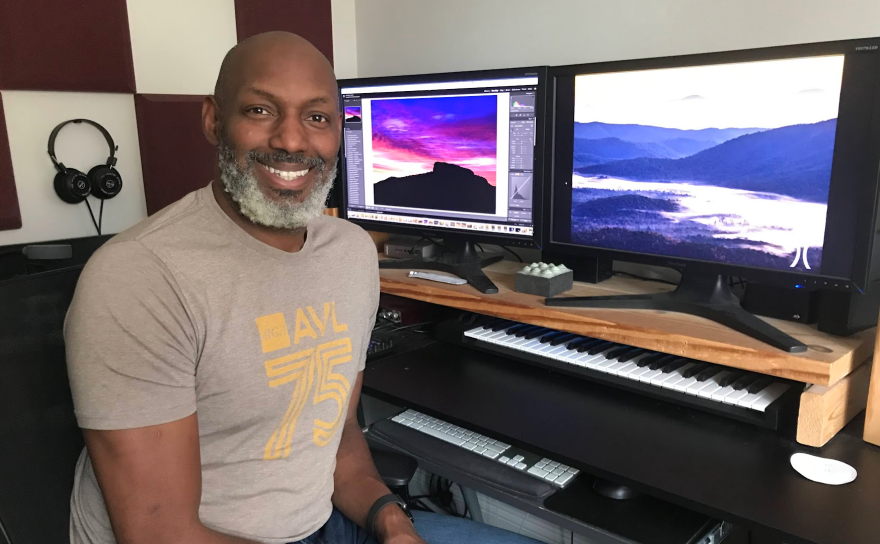If the arts in Asheville were a representative democracy, it might look a lot like a new coalition built by the Asheville Area Arts Council.
The coalition is designed as a collective voice for the arts community in setting city and county budgets and the shaping of public policies and priorities.
“What’s happened with our arts sector is it’s become extremely siloed, and so a lot of people have had to fend for themselves,” said Katie Cornell, the arts council’s executive director and architect of the coalition. “There’s no way for us to support the entire sector without building a network, so this arts coalition was the way that we’re building this network.”
Many larger cities have an arts and culture office or a staff member who oversees public art in the region. Some hire someone in the nebulous role of an arts czar. Asheville doesn’t employ such a staffer. Cornell is among community arts leaders concerned that leaves the arts on the sidelines of important conversations about tourism, development and other issues.
Earlier this year, Cornell recruited leaders in each of eight sectors of the local arts community to serve on the arts coalition. They are directors of nonprofits, performance venues, retail and manufacturing outlets, along with individual artists and people such as professional designers, photographers and sound engineers. There’s also a committee devoted to equity in the arts.
“Even more so with the pandemic, I think arts councils are being asked to step into a much larger advocacy role,” Cornell said. “Particularly here in Buncombe County because our creative community is very large, they needed that unifying voice.”
Reggie Tidwell is a commercial photographer and designer in Weaverville who has run his own creative studio for 20 years. He chairs the professional services committee of the coalition. His business is thriving, but Tidwell said he’s motivated to network and bond with other creatives toward a collective purpose.
“I mean, we’re in 2021 and we’re still hearing the starving artist conversation. We shouldn’t have starving artists,” Tidwell said. “When I hear that these are some of the lowest-paid people in our community, it breaks my heart. We want to be able to listen and deliberate and put into action things that will help these artists thrive. We don’t want to just be another listening board taking in information and nothing happening.”
Beyond the arts coalition, Cornell is working on regranting the $50,000 that recently came into the arts council through the American Rescue Plan Act. That money will help other nonprofit arts organizations with personnel costs and other operating expenses.




